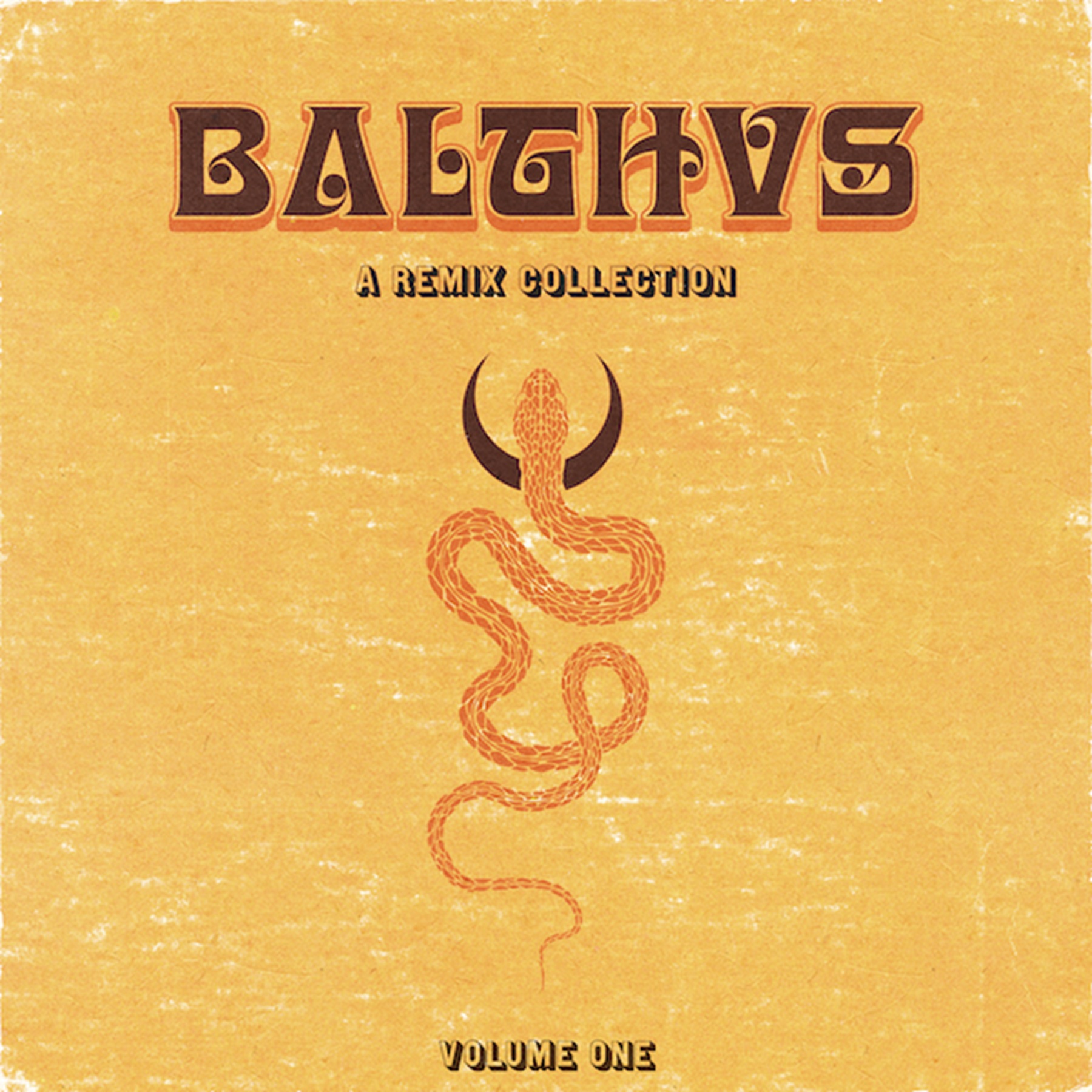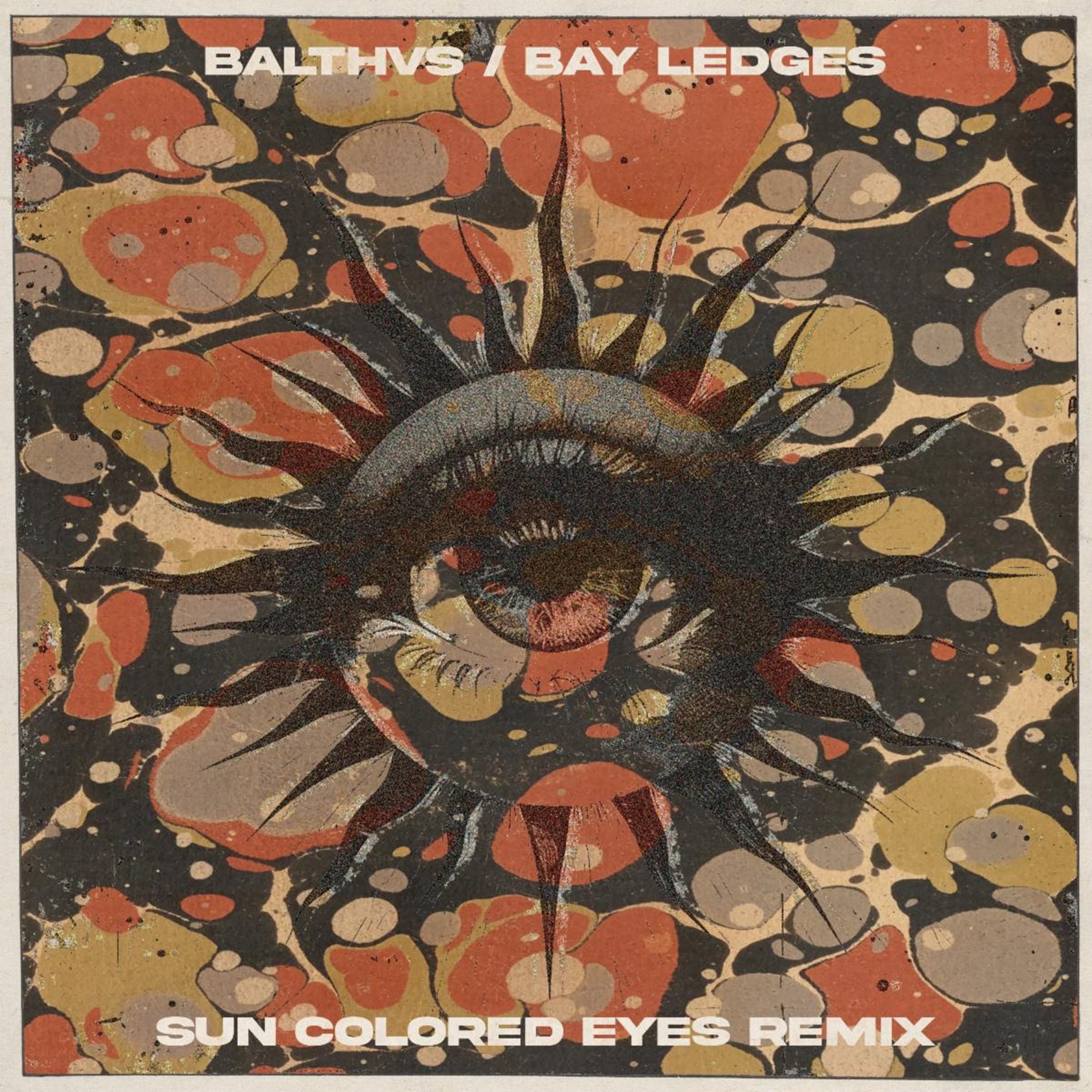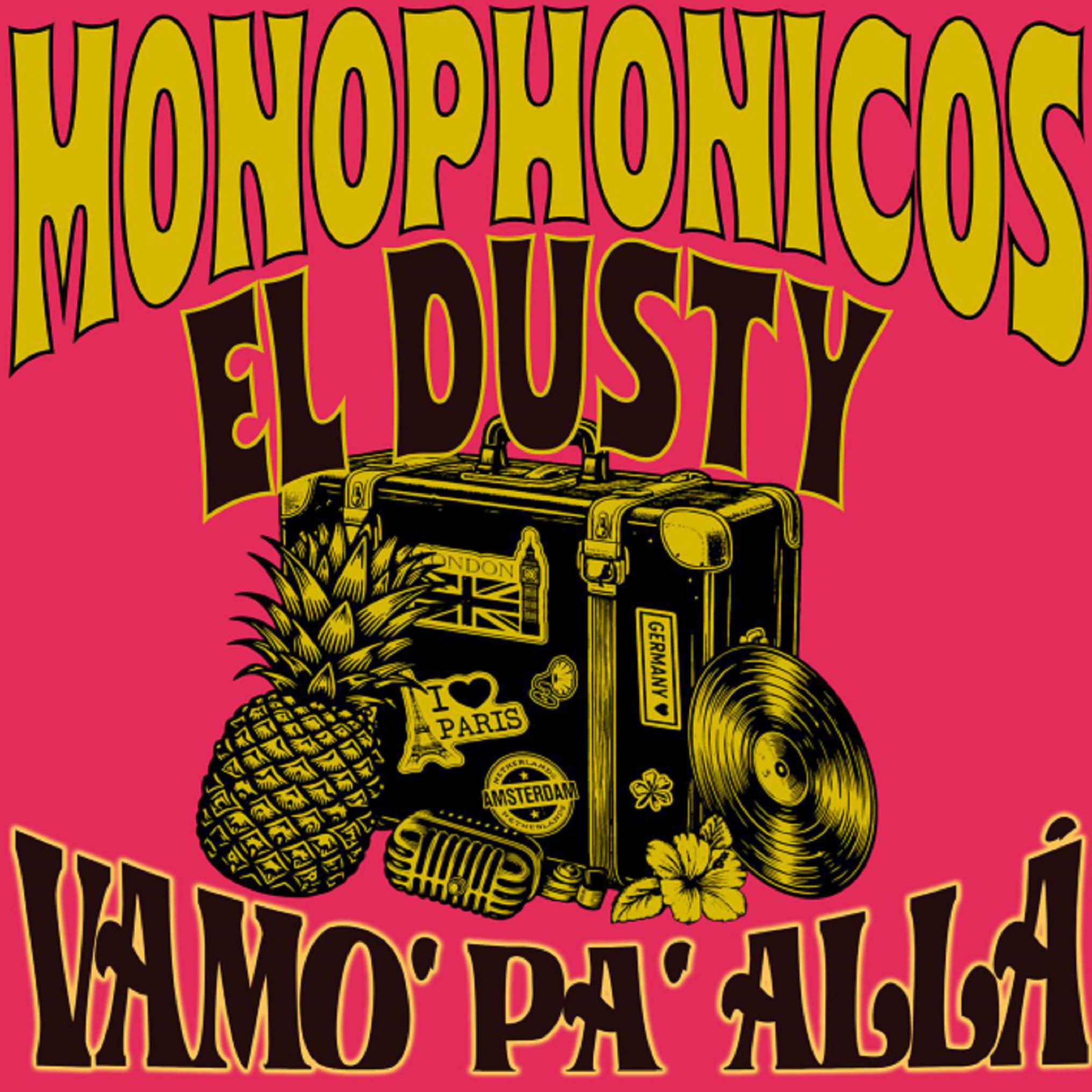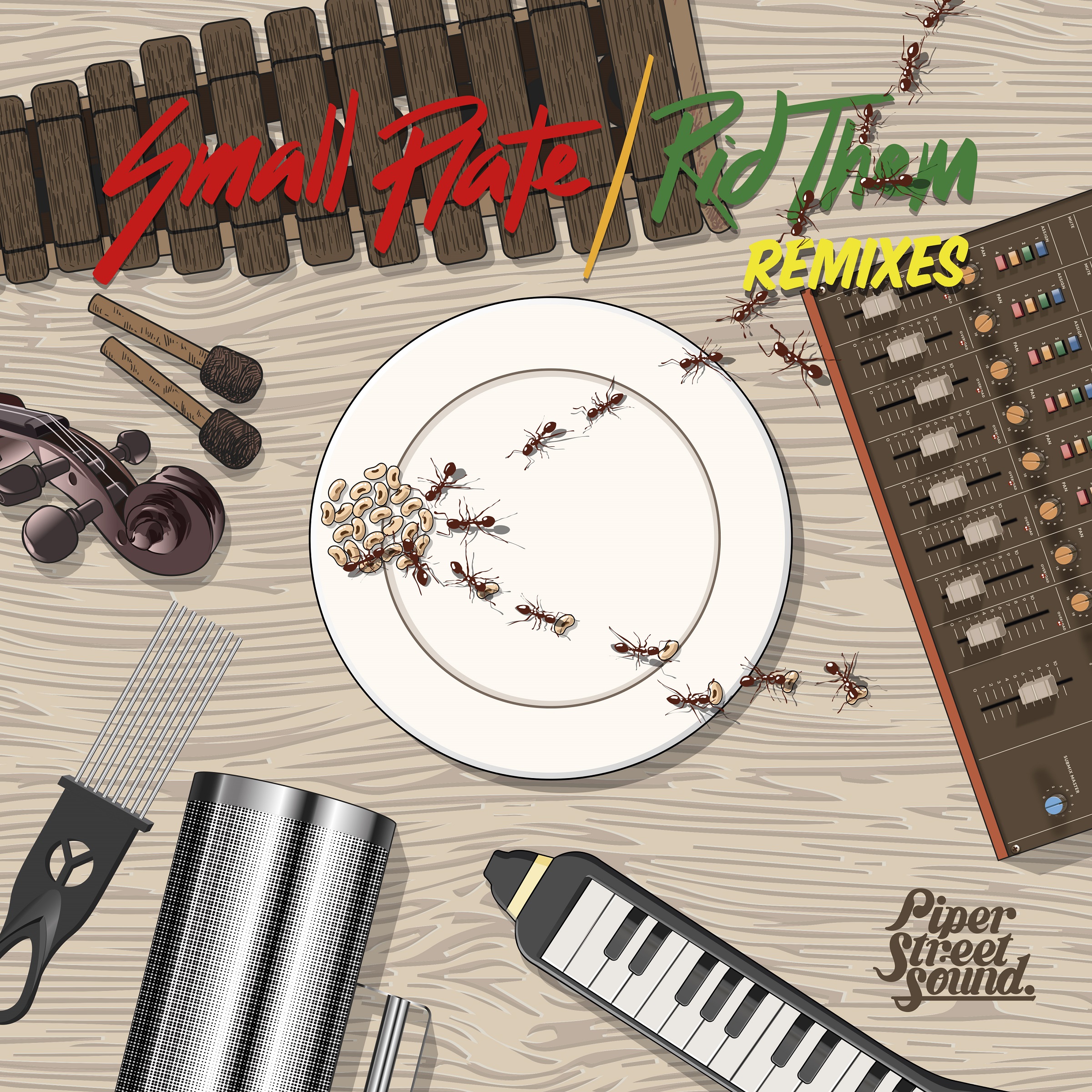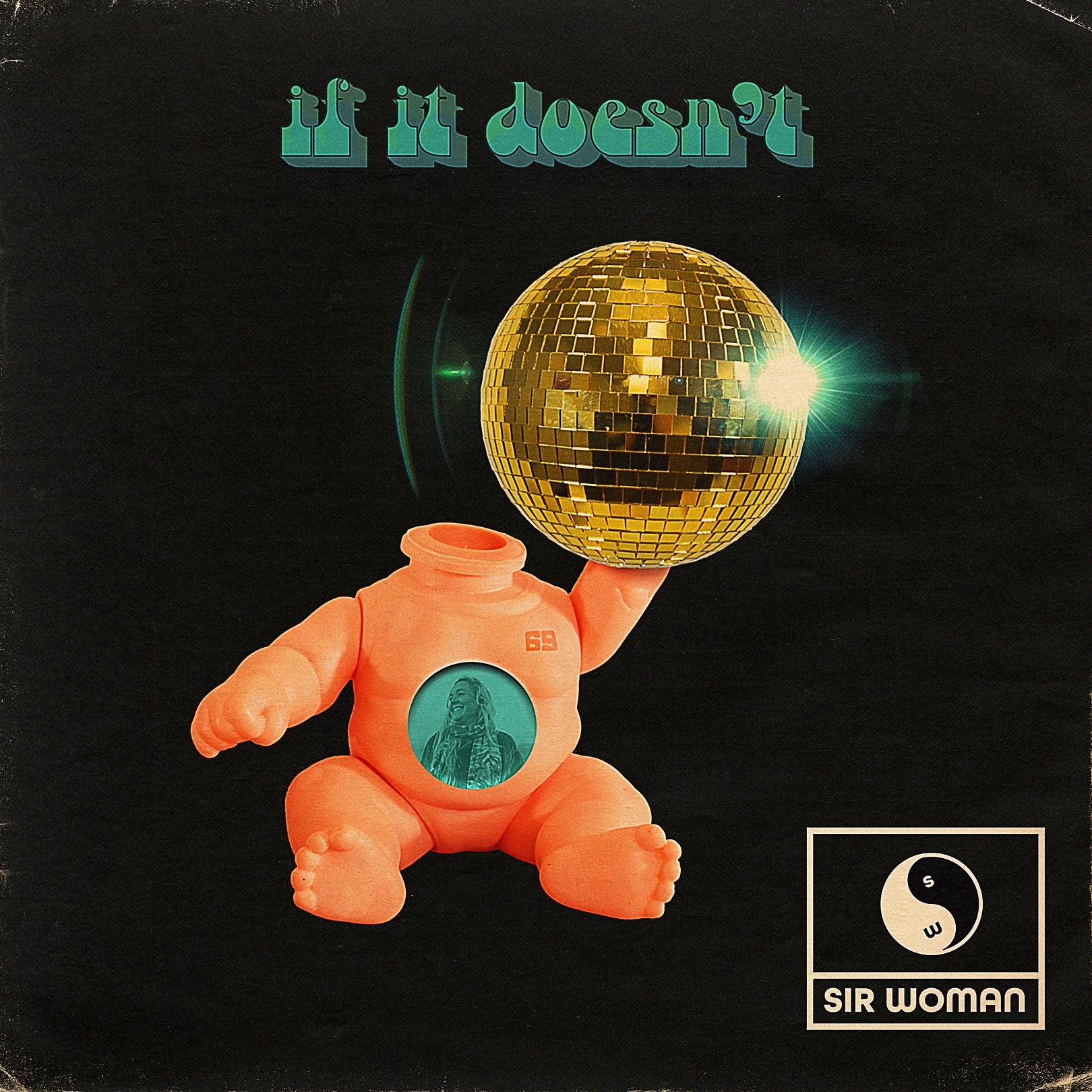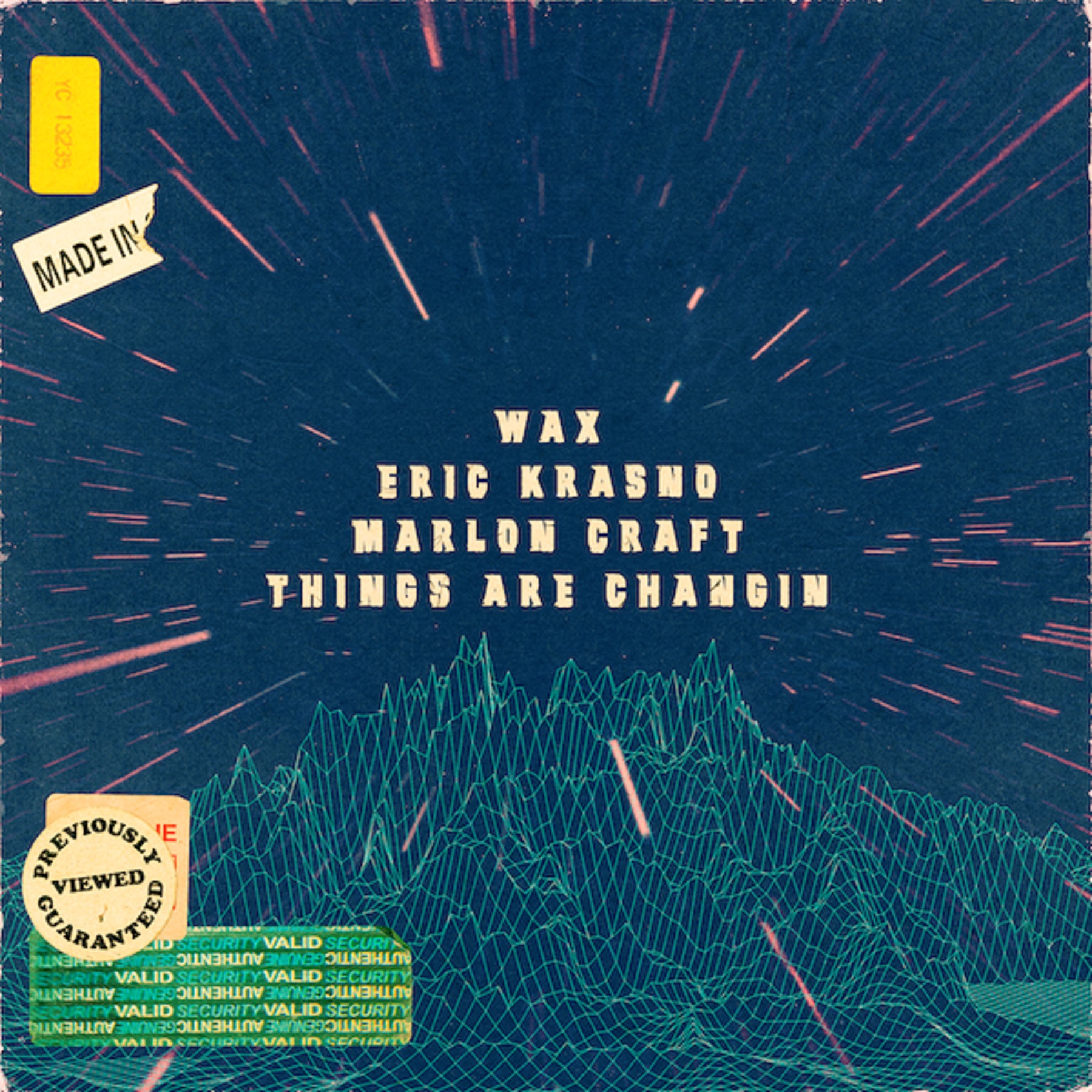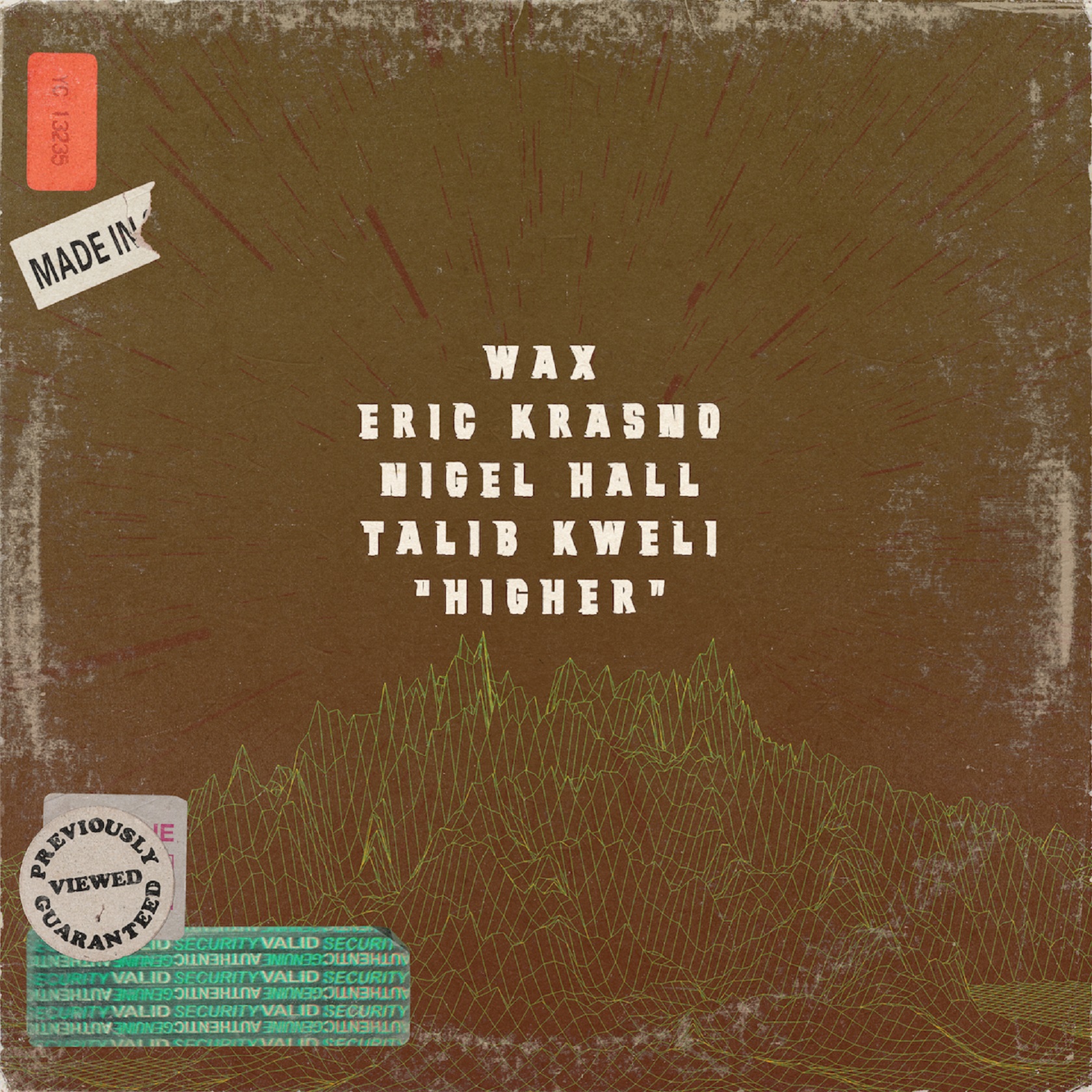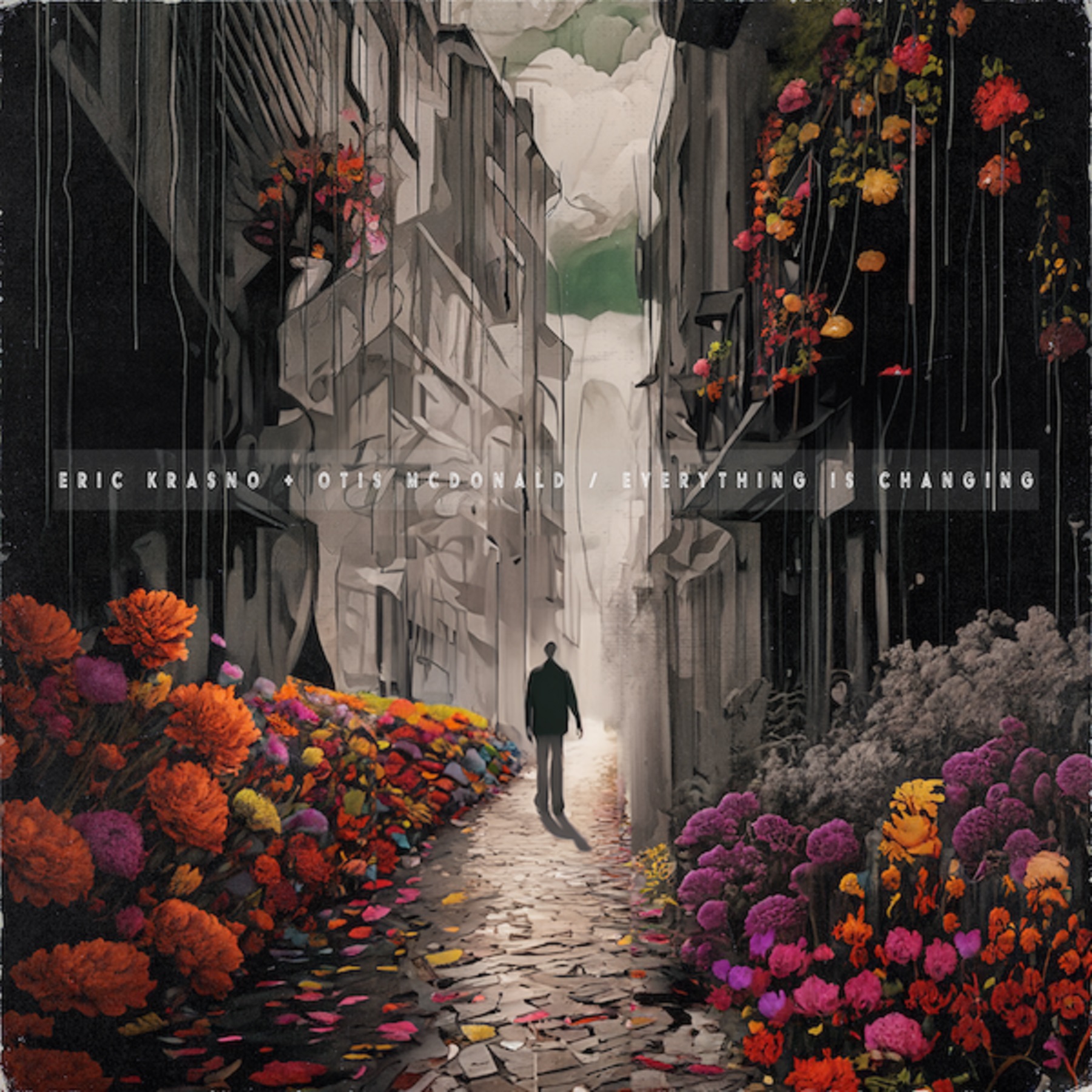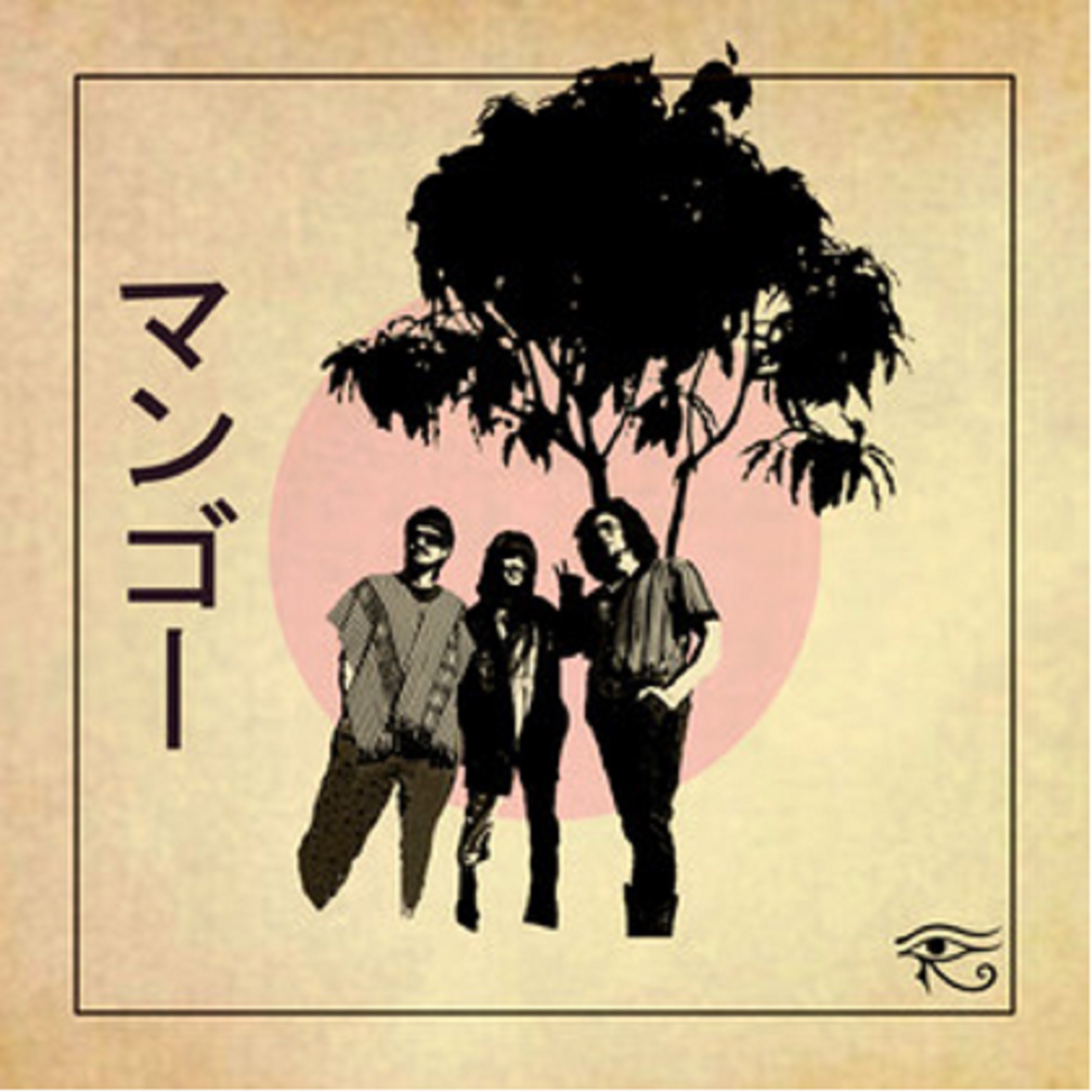A love of jazz, learning and a determined passion to make a difference in other people’s lives can manifest itself in many different ways. For Drew Foxman, the choice was clear: he knew he wanted to create awareness via the world’s greatest method of connecting human beings—music. “Historically, slavery, oppression, forced migration, all played a prominent role in music’s evolution and in fact led to many of the western world’s music genres, especially jazz and reggae. Music has also been a huge catalyst in all the human rights movements—whether it’s the civil rights movement in the US, apartheid, the fall of the Eastern Bloc, or the Arab Spring.”
Foxman was reared on jazz, with his father one of the world’s foremost collectors of pre-bebop jazz, the musical background to Drew’s childhood. He played jazz piano, which took a backseat in his teen years, but was re-embraced after a friend gave him a copy of John Coltrane’s Giant Steps, which was a moment that “defined my personal and career trajectory ever since.” After living abroad playing music in Europe and teaching in Tibet, running the San Francisco Jazz Festival’s educational program at age 24, obtaining his Master’s degree from Columbia University, Drew has been working in the international social impact space. His work included running a cultural diplomacy project with the State Department for youth in India and Pakistan to create social responsibility and take action in their communities through music, dance, and theatre. These skills and experiences gave Drew the tools to Giant Steps, an establishment where music and social impact collide, putting together the best of both worlds.
The seed for Giant Steps was planted during one of Foxman’s final projects at San Francisco Jazz. Award-winning literary organization Youth Speaks commissioned SFJAZZ to write socially conscious music, so Foxman created an alumni program bringing together the most talented graduates from the SFJAZZ’s youth ensemble program to work with masters in composition and study social issues. The youth then worked together to compose music based on what they’d learned. The premiere performance sold out and was broadcasted live on KPFA.
Giant Steps became the natural progression to synthesize all of the work Foxman wanted to do. Giant Steps aims to build a field for “social impact music” where music can take its rightful place in society as a springboard for transformative change, “since music has been a huge catalyst in all the human rights movements.” As such, Giant Steps has launched Music Action Lab, a social impact incubator for musicians. Comprised of a global network of musical innovators who work together to design solutions and create new music in service of a better world, their first project by the Music Action Ensemble will be released on May 12 in the form of a compilation called Foundation. Says Foxman, “Musicians around the world were invited to participate in the first Lab through an open call for submissions. Nine musicians were selected from a pool of 98 applicants across 22 countries through a highly competitive application process—based on their unique combination of artistic excellence, demonstration of community leadership, and social entrepreneurship potential. Each Lab culminates in one album of original material that will have a specially designed educational curriculum to teach and spread the message of the music. Through the Music Action Lab, Giant Steps Music is creating a catalogue of social action recordings through a new global musical language exclusively dedicated to social good.”
Once the Lab started, the musicians were immediately encouraged to be collaborative. They met every day for a half-day of social change leadership training through a unique curriculum where they learned from leading experts from the social impact sector. The second half of the day was spent in the band room to compose and rehearse, informed and inspired by the morning sessions through a leaderless, collaborative, creative process.
In just three weeks of composing, the result is ten boundary-breaking tracks, infusing hip-hop, Afropop, Pakistani folk, and Brazilian rhythms with jazz, contemporary, Arabic music and more. Every song a collaboration, every song focusing on a position of change, be it how we see beauty, find love or explore the idea of self. “Foundation is the result of this process of artistic and social innovation. We chose this title because the music explores and examines the shared human values that underlie and support social justice work,” says Foxman. “The album is about laying down the necessary foundation before launching full-throttle into social justice work and social movements.”








